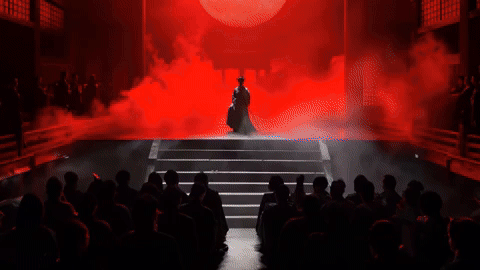Pranksters who love duping their friends or members of the public with AI-generated videos or deepfake images had better do so before the turn of the year.
From January 10 next year, all unverified AI-generated media will be banned from the Chinese internet.
According to a new regulation published by the Cyberspace Administration of China, anything created using “deep synthesis” technology will be heavily scrutinized by the government.
All platforms providing such services will need to be registered with government agencies. Additionally, all users must verify their identities using their Chinese mobile phone numbers and national ID numbers.
AI art will also go through censorship and must have clear labels, such as watermarks.
The administration claims that authorities will put the upcoming ban in place to crack down on distributing illegal and harmful information, including AI-enabled internet scams and identity theft.

AI has been a hot topic in China this year, especially with AI art trending on Chinese social media platforms (some with disastrous effects). Baidu, a Chinese tech giant and the top search engine in the country, even developed its own AI artwork generator called ERNIE-ViLG.
AI artwork’s boom in popularity has also been raising concerns about the technology’s disruption on creative industries.
Most recently, ChatGPT, a chatbot developed by OpenAI, has stirred discussions on Chinese social media sites even though the platform is inaccessible to most users in the Chinese mainland without a proxy server.
Cover image via Depositphotos



















